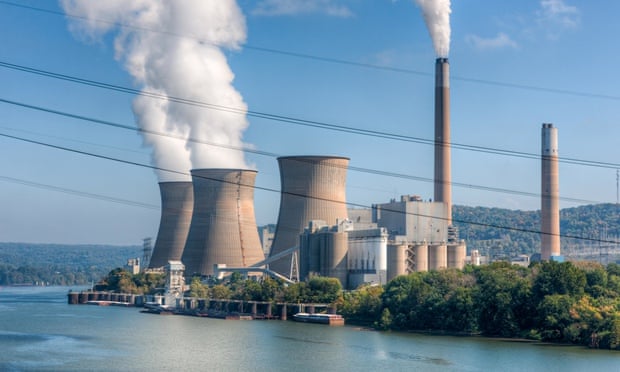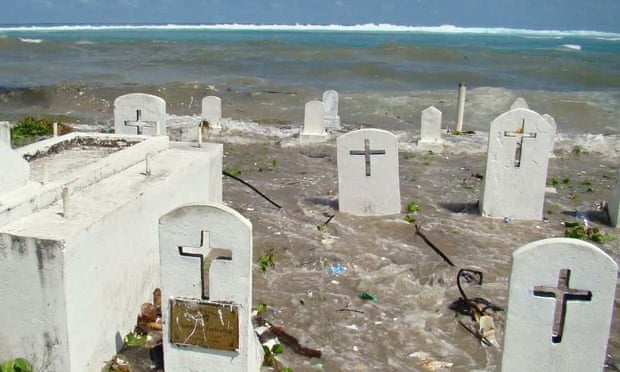International talks in Paris in 2015 could see the world’s nations agree to limit global warming to a rise of 2C. Actually achieving that target will require huge commitments – not least by developed nations

A power station in Pennsylvania, USA: most of the CO2 in the atmosphere has come from developed nations. Photograph: Alamy
1 Global warming must be limited to 2C
Every year, carbon emissions from cars, factories and power plants across the planet rise inexorably. The resulting elevation in carbon dioxide levels in the atmosphere mean that in 30 years temperatures on Earth will be 2C hotter than they were in pre-industrial times, scientists say. This is the maximum temperature that they believe the world can tolerate without there being devastating environmental consequences: spreading deserts, worsening storms and widespread flooding. Therefore, the first and most important decision that world leaders need to take at the Paris climate talks next year is to agree, through a binding commitment, that 2C is the upper, acceptable limit of global warming on Earth. All other decisions taken in Paris will follow as a consequence of that agreement.
2 Nations must make real commitments
Delegates to the Paris talks will then have to establish a network of creditable commitments from individual countries, as well as power blocks such as the EU, that will achieve carbon emissions cuts to ensure the 2C limit is achieved. The devil will be in the detail when it comes to making these agreements.
3 Emissions must be monitored
Once nations have agreed to make a particular cut in their carbon output, it will be necessary to set up a commission or group whose job will be to monitor nations’ emissions to check that they are keeping to their commitments.
4 Developed nations must pledge billions
Most of the carbon dioxide that has been added to the atmosphere is the handiwork of the industries of developed nations. Developing countries, which have produced relatively little carbon dioxide, will demand a clear commitment from these rich nations to provide financial support to help them adapt to a hotter planet and to mitigate against the worst effects of global warming. Last week a total of $9.3bn was pledged by the west to setting up such a green climate fund. However, by 2020, the amount of money needed for this purpose is expected to be around $100bn a year. If this sort of money is not pledged by the developed world, developing nations will refuse to sign any deals in Paris.

5 The most vulnerable places must be compensated
Even if nations can come up with a binding agreement that will keep the global temperature rise to 2C, there will be environmental impacts that, for some nations, will be not just damaging but utterly devastating. For example, islands such as the Maldives and archipelagos in the Pacific already face inundation, as do large tracts of coastline in Bangladesh. Levels of carbon dioxide currently in the atmosphere make the future of these look increasingly untenable. Compensation for loss and damage to populations who could lose their homelands will need special attention and a mechanism will have to be agreed in Paris to ensure these people are properly recompensed for many generations to come.
6 Green technologies must be shared
Technology will be a key factor in holding temperatures to a modest level. New forms of tide, wave and wind power plants will have to be developed to replace generators that rely on fossil fuels. Other engineering solutions will need to include systems for preventing carbon dioxide from being emitted by power plants, a process known as carbon capture and sequestration. Some of these systems will be funded by governments, some will be developed by private companies. A method to allow systems created in one country to be shared with other countries in an equitable manner will have to be agreed to ensure the rapid take-up of technologies that will be crucial to efforts to keep global warming within bearable limits.
Nenhum comentário:
Postar um comentário
Observação: somente um membro deste blog pode postar um comentário.